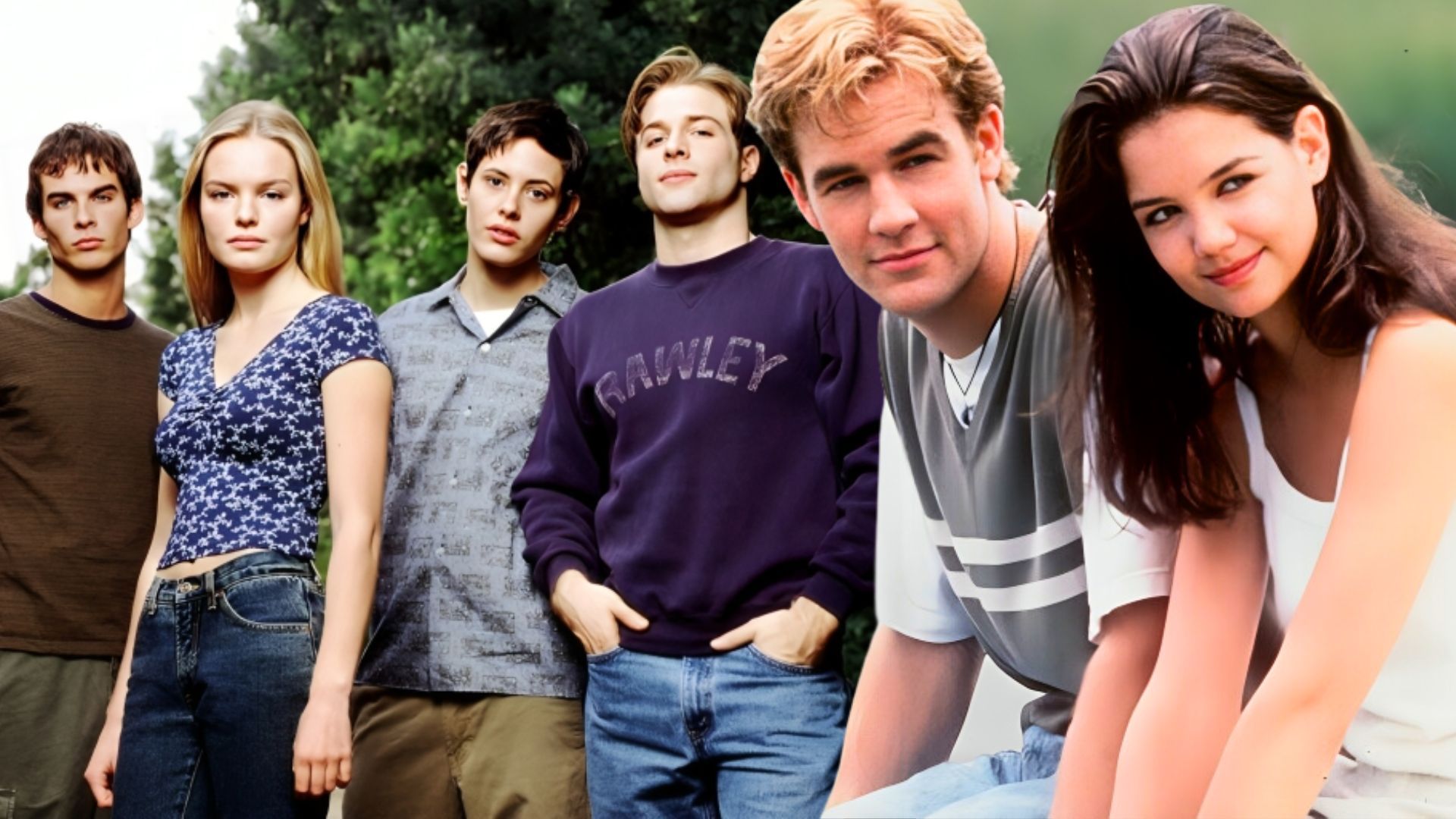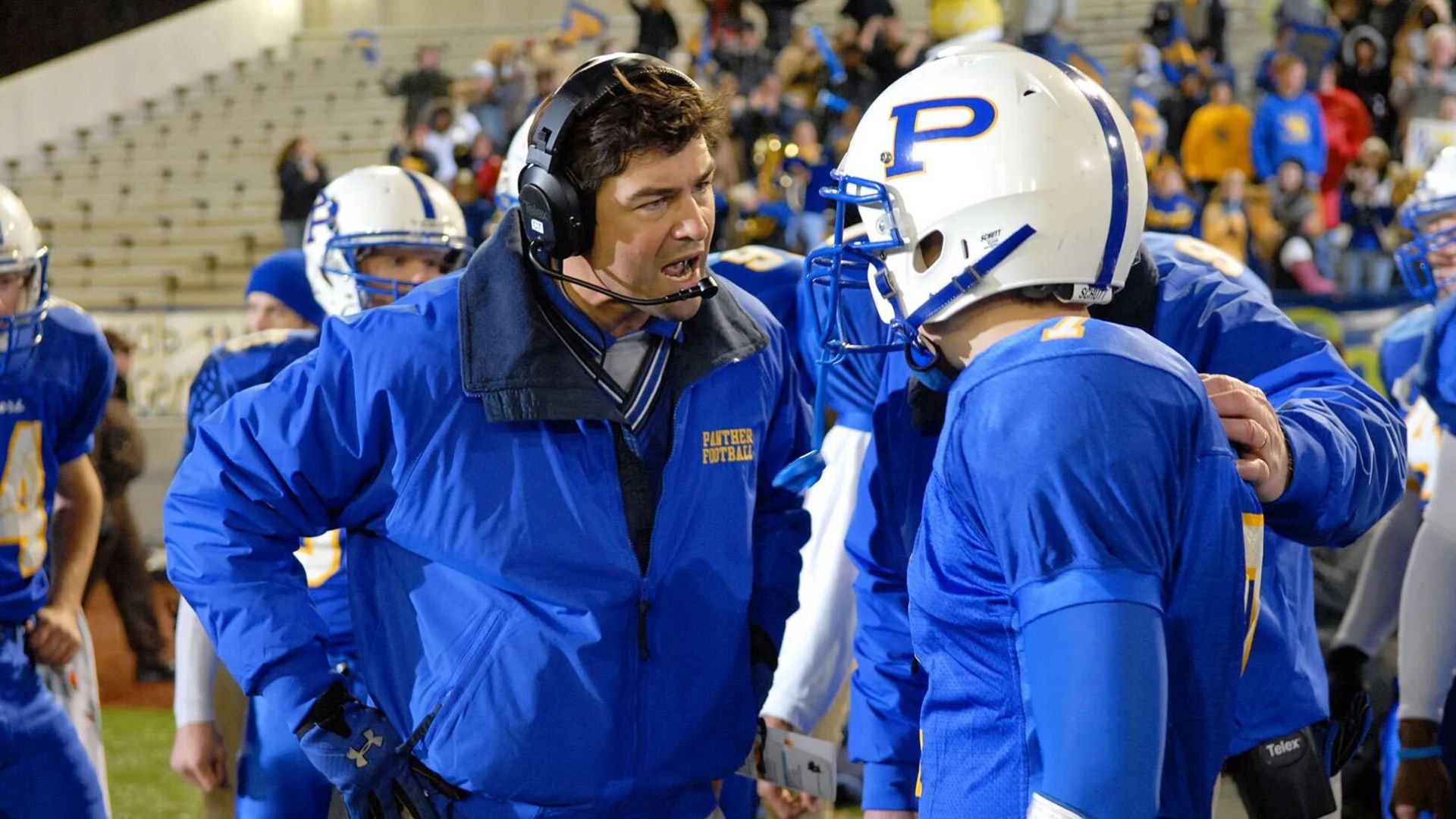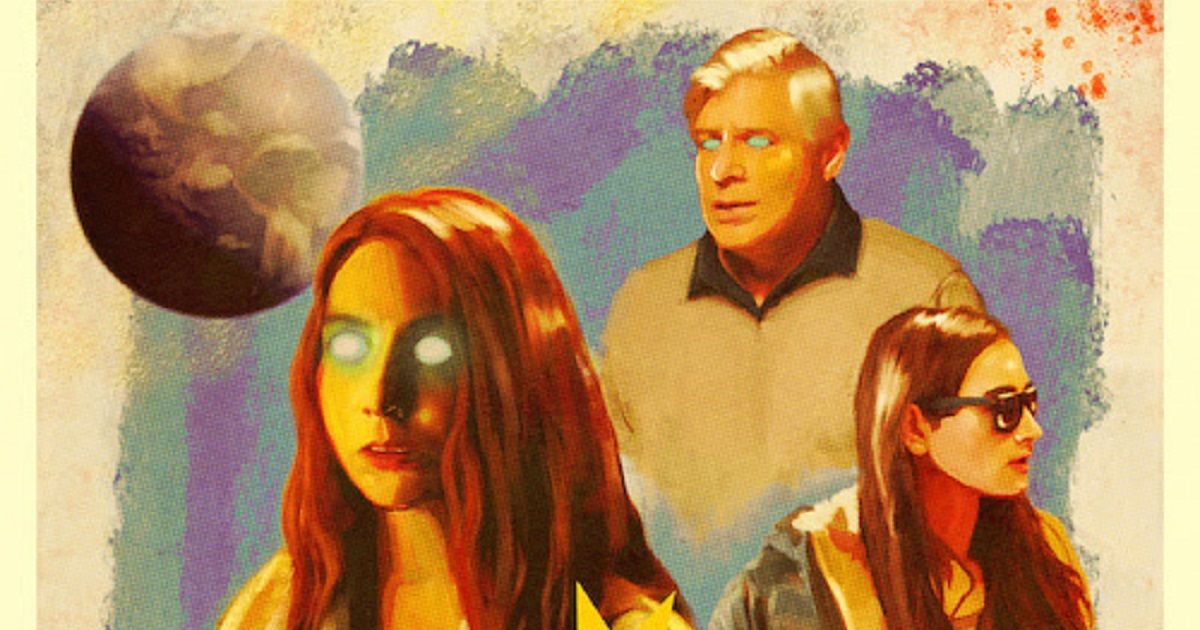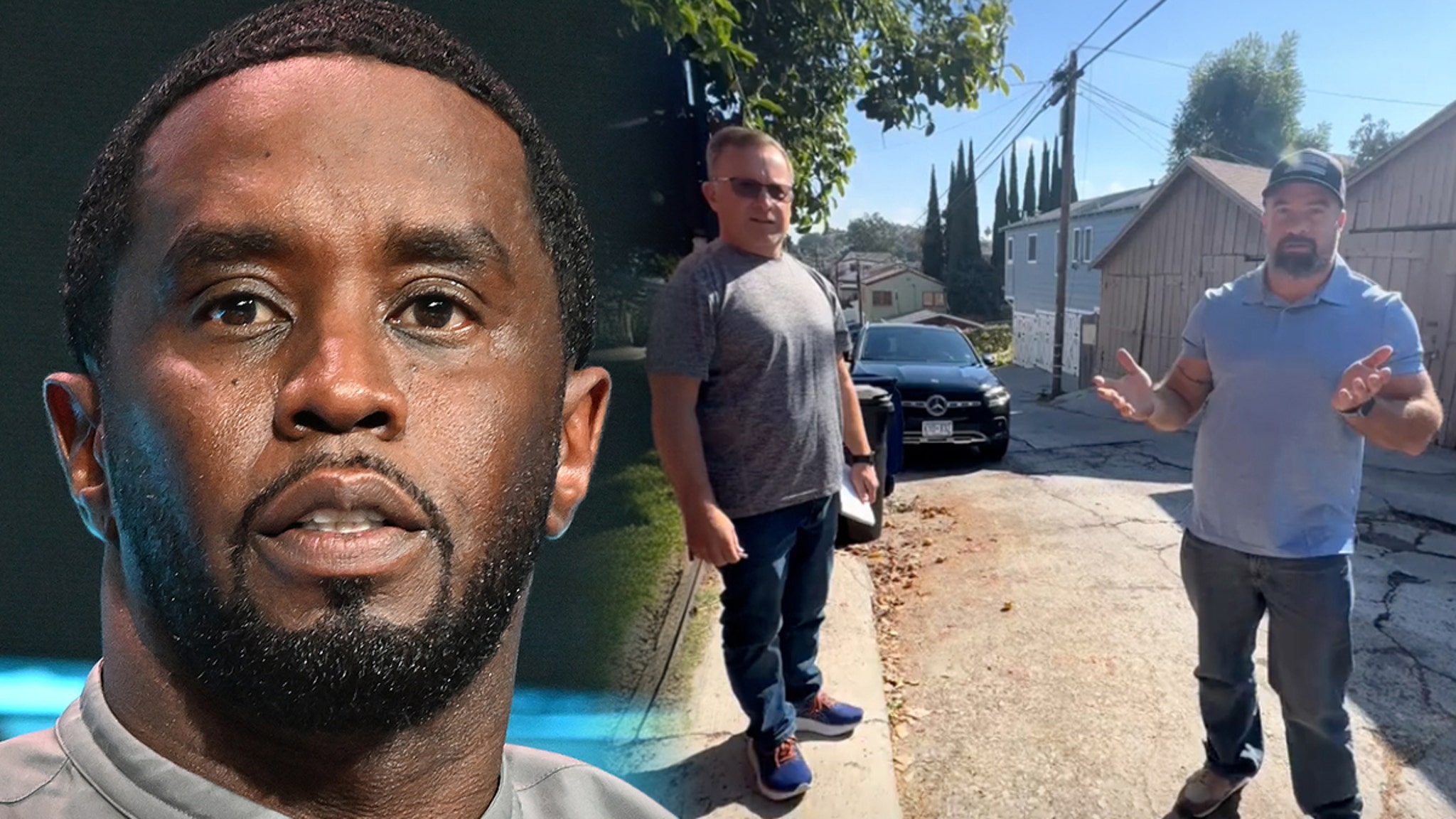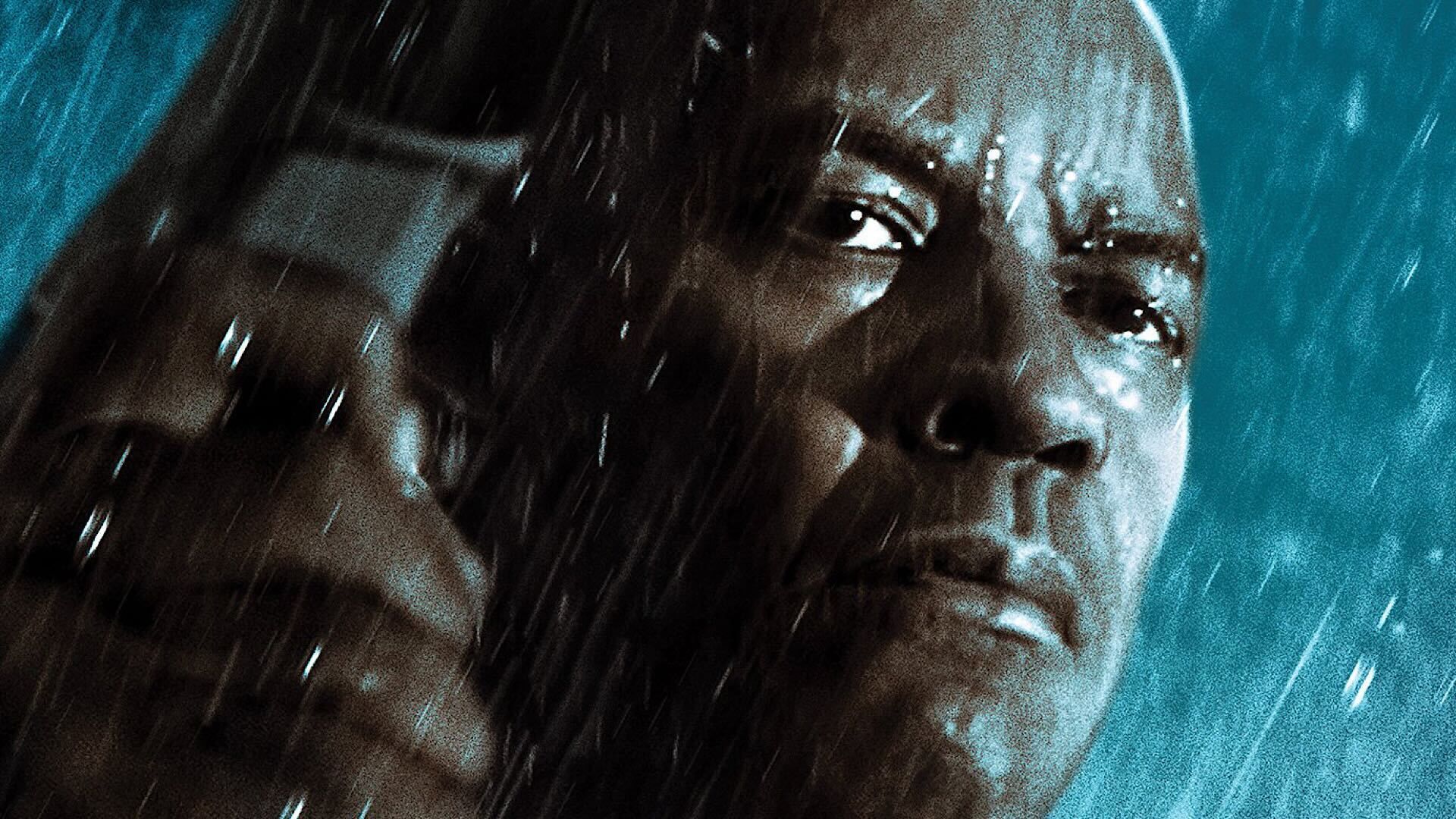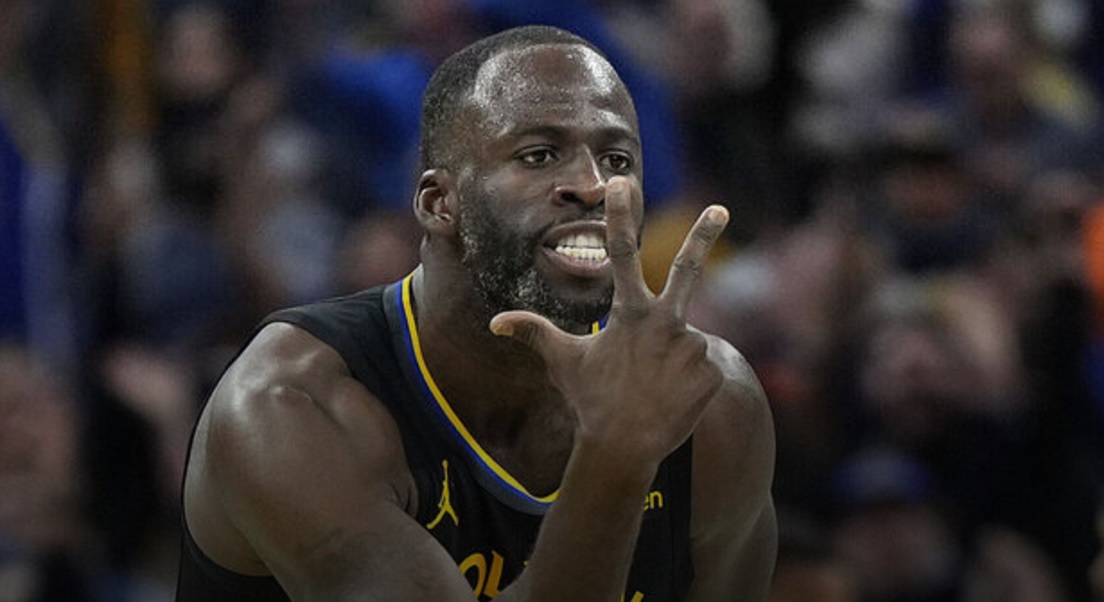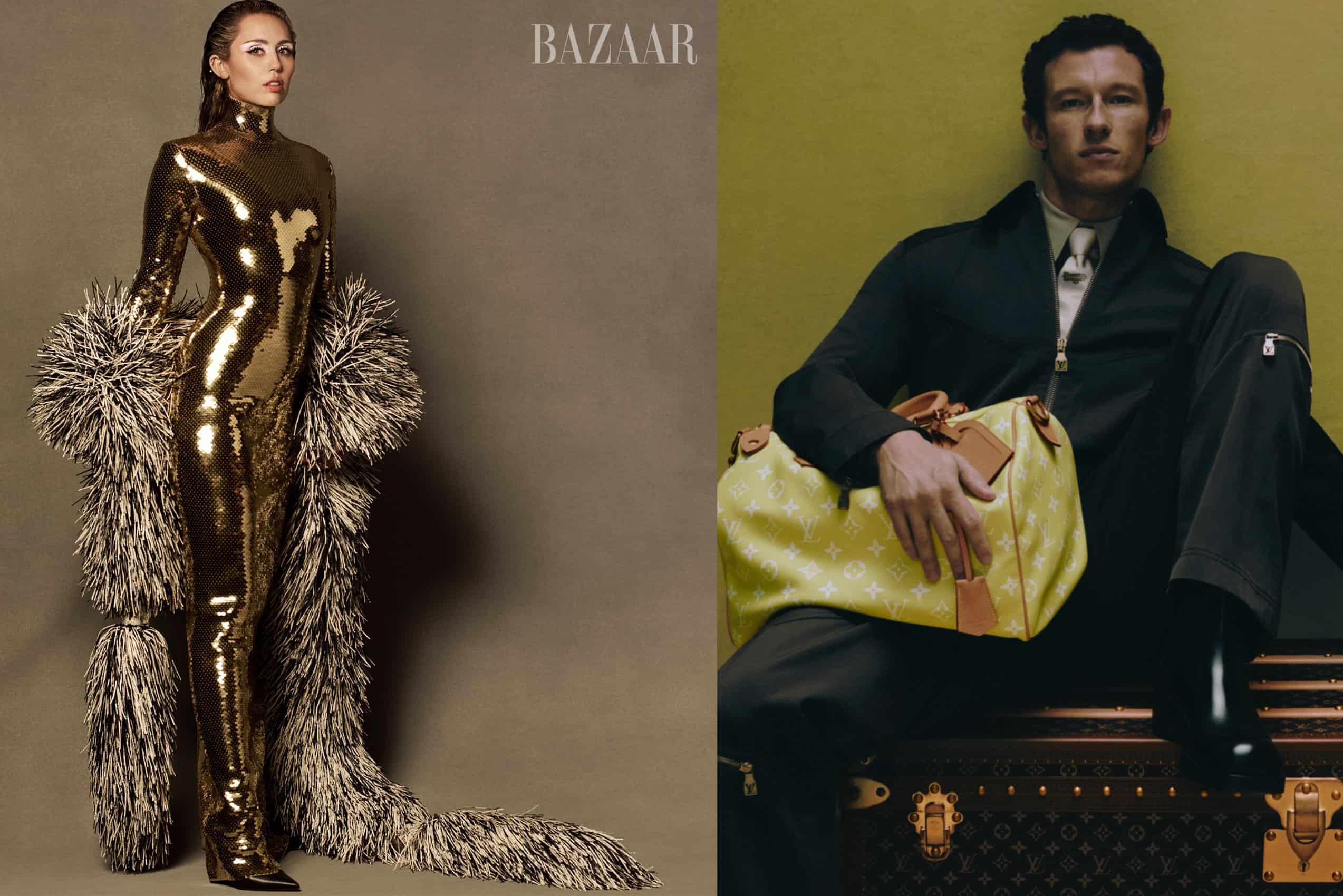To be fair, “The Power of the Dog” is likely to be more divisive than it has been out of the fall festivals. It’s a difficult movie, nowhere near the crowd-pleaser that some may expect, although those who know Campion’s work shouldn’t be surprised. She makes films (and television) that challenge genre, typically coming at them from unexpected angles, and that makes her a good fit for Thomas Savage’s cult novel of the same name.
“The Power of the Dog” unfolds in the sprawling, ominous landscape of Montana in the 1920s—although Campion shot in Australia, where she found mountains and valleys that still look like America’s past. Brothers George (Jesse Plemons) and Phil (Benedict Cumberbatch, doing career-best work) have been pushing their way across the west for years, even though the journey seems to have turned them into completely different people. Where Phil is ruthless and conniving, George is soft-spoken and kind. Their increasing divide shatters when George meets a widow named Rose (Kirsten Dunst) and the two marry. Phil hangs in the background of this growing relationship like a gun about to fired. And the tension only rises when Rose’s son Peter (Kodi Smit-McPhee) comes to the ranch.
Unfolding like a thriller, “The Power of the Dog” contains some of the most unpredictable tension in years. Cumberbatch deftly portrays a man who seems to have little moral conscious left, a selfish creature who takes the suggestion that perhaps he needs to bathe as an affront to his manhood. Someone could write a book on how Campion’s film is unpacking definitions of masculinity and what that word means, and doing so through the typically male-dominated genre of the Western. It’s also just a technical stunner from Ari Wegner’s gorgeous cinematography to a mesmerizing score by Jonny Greenwood that is really a main ingredient in the spell this film casts.
There are passages of Hany Abu-Assad’s tense “Huda’s Salon” that also cast their own kind of spells, usually through long, unbroken shots, often from the side of a room as if we are observers to an unfolding car crash in slow motion. His technique is interesting in that the unobtrusive style enhances the initial warmth of an opening conversation between a stylist named Huda (Manal Awad) and her client named Reem (Maisa Abd Elhadi). The two seem like old friends, and we find ourselves drawn into their casual conversation until it’s revealed that Huda has drugged Reem. She takes her to the back room of the salon and strips her naked. That’s when a male accomplice removes his clothes and lays next to Reem, and photos are taken. It’s a blackmail scheme, but not for money. She wants information, using the photos to have Reem spy on her own community in Bethlehem in 2002.
You can view the original article HERE.

